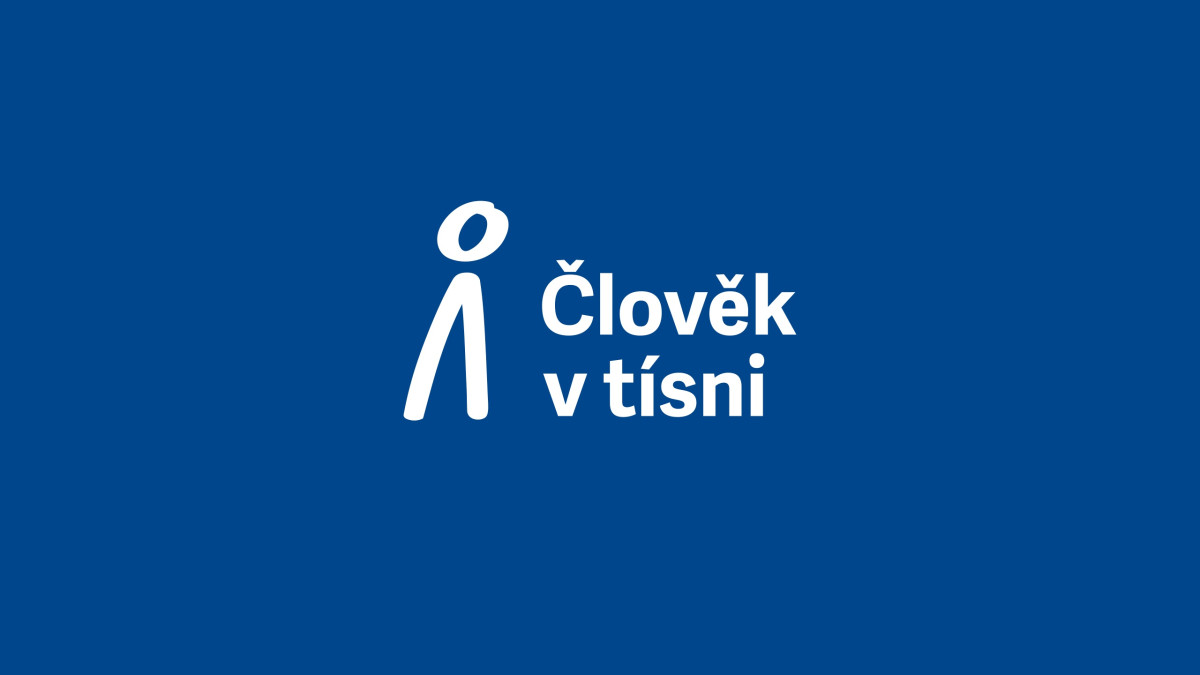We help local NGOs in Moldova to tackle the wave of Ukrainian refugees
Published: Apr 7, 2022 Reading time: 5 minutes Share: Share an articleLife Without Leukaemia (Viata fara Leucemia), the Psychological and Social Centre in Vulcanesti, and the mobile team from Echitate NGO are offering help to people fleeing Ukraine. These groups are just some of the more than fifteen NGOs which have been supported so far by People in Need in Moldova, a small country on the frontlines of the Ukrainian refugee crisis.

In the immediate aftermath of the invasion of Ukraine, People in Need sent teams to countries neighbouring Ukraine, namely Romania and Moldova. These teams were sent to monitor the situation and offer assistance and experience in dealing with the unfolding crisis. The Republic of Moldova, a small country of just under three million, holds the unenviable title of the poorest country on the European continent. Overnight, Moldova has been thrown into an unprecedented crisis: thousands of desperate Ukrainians fleeing the war have begun to move into its territory. Since the invasion, as many as 400,000 people have crossed into Moldova. More than 100,000 of whom have remained in Moldova. Moldova has thus received the highest per capita number of Ukrainian refugees in Europe.
The People in Need crisis team has built on the efficient regional mission that we have had in Moldova since 2003. Thanks to our local collaborators, we were quickly able to identify organisations that had been involved in refugee assistance from the beginning and whose work was limited by a lack of funding. Thus, our team distributed €45800 from the SOS Ukraine emergency appeal in the first phase. This funding helped to financially stabilise the situation of several NGOs. For example, one NGO fighting violence against children, an organisation helping paediatric cancer patients, another distributing hot food and drinks to people waiting at the border, and also to a centre providing psychological assistance.
A bombed-out hospital for cancer patients
Natalia Vilcu-Bajurean founded an organisation to help children with cancers and other chronic illnesses. Her organisation is the first (and only) of its kind in Moldova. During its existence, the organisation has helped hundreds of families who have found themselves in difficult situations. Even before the war, friendly organisations from Ukraine began contacting Natalia to ask if their patients could find help from her in the event of an attack. Natalia did not believe until the last moment that war would actually come. She did not believe that the Russian army could bomb hospitals that were treating children with cancer. When this happened, she did not wait, and she immediately began organising help for families who needed to move their children to safety. Crucially, Natalia needed to find urgent and highly specialised medical care for the children. Natalia received €5,000 from PIN to enable her to continue to provide for sick children.
She was late in her pregnancy. She gave birth in Vulcanesti, Moldova.
Naděžda Mokan could talk about "her" refugees for hours. Over a bowl of borscht, prepared before the war by her social canteen which provides meals for the poor and elderly in the southern Moldovan town of Vulcanesti, she explains the situation in southern Moldova at length. "Almost everything was imported from Ukraine. Now nothing is imported, we have to buy everything from Romania and the European Union. Everything has become more expensive, for a while there wasn't even buckwheat, salt or matches in the shops." In such situations, where inflation makes even basic food inexorably expensive, the social canteen are feeding more than 750 refugees who are waiting in Vulcanesti for the war to end.
Recently, a refugee gave birth to a baby boy, a new little resident of Vulcanesti.
Naděžda is a trained psychologist who is applying her professional experience to refugees at this time. In addition to providing basic needs such as food and accommodation, she prepares a leisure programme for the refugees so that they can try to forget as much as possible about the hardships of the war and everything and everyone they were forced to leave behind.
Naděžda is cheered-up by her "psychological dog" Žuža, a puppy who runs around the social centre’s garden and clings to every visitor.
Under the motto “every day give a little bit of goodness”, Naděžda selflessly helps everyone who comes to visit her, even if this means paying from her own pension, which is about 4,000 Czech crowns. We donated €15,000 to Naděžda to help her run her centre. This funding is essential so that she can continue to help everyone who needs it in these difficult times.
The biggest heroes helping refugees? Ordinary Moldovans!
Since the invasion, a massive wave of solidarity toward the fleeing Ukrainians has swept across Moldovan society. Ordinary Moldovans have carried thermos flasks of tea to the border, cooked hot meals, offered rides, and opened their homes to refugees. The situation in Moldova is unique in the European context; only 5% of refugees live in state-run refugee facilities, while the remaining 95% have found refuge in the homes of ordinary Moldovans.
But the situation of the average Moldovan household is far from rosy. Last winter, the energy crisis hit Moldova hard, plunging many residents into energy poverty. Rising food prices resulting from the war in Ukraine have further squeezed the hard-pressed budgets of Moldovan families. This has not stopped many from helping those who have nothing left. People in Need understands that even the deepest desire to help can eventually run up against practical limitations. That's why, together with the World Food Programme, we are now launching a project to provide direct financial support to Moldovan households that have taken in refugees. The project aims to stabilise family budgets so that families can continue to host their Ukrainian neighbours without falling deeper into poverty. In the coming days, the first households should receive financial assistance from the World Food Programme and the European Commission's Humanitarian Aid Department.



